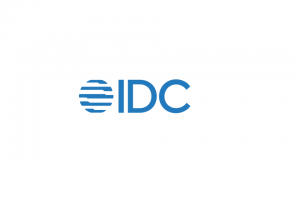Broadband development is the key to revenue generation in Egypt’s telecommunications sector post-revolution, along with a stable environment in which to nurture market growth, according to a new report from Pyramid Research.
The Egyptian telecommunications market generated US$6.4 billion in service revenue in 2010, having grown at 21{e1f18614b95d3cd6e4b3128e1cd15d99b042a60a5a19c19b7a8e07e7495efa10} CAGR over the previous two years, according to the consultancy. And, while this period represents the peak growth phase, Pyramid suggests the country will remain one of the fastest growing markets in Africa and the Middle East going forward – mainly due to the promise of increased mobile broadband penetration and the value added services that high speed internet access can bring, such as mobile TV and mobile banking.
“As a result of the recent political instability that led to the overthrow of President Mubarak’s regime, telecom use increased and was heavily utilised to gather the masses,” said Hussam Barhoush, senior analyst, Pyramid.
“The interim military rulers have promised elections and a return to civilian rule in September 2011. It is therefore critical that the upcoming elections bring to power a strong government prepared to implement economic and policy reforms that lead to market liberalisation, increased competition and strong growth,” he added.
Mobile penetration jumped from 23{e1f18614b95d3cd6e4b3128e1cd15d99b042a60a5a19c19b7a8e07e7495efa10} in 2006, the year before the entry of a third player, to 78{e1f18614b95d3cd6e4b3128e1cd15d99b042a60a5a19c19b7a8e07e7495efa10} by the end of 2010 – and Pyramid expects it to exceed 100{e1f18614b95d3cd6e4b3128e1cd15d99b042a60a5a19c19b7a8e07e7495efa10} by the end of 2015.
“Growth in data is outpacing growth in voice,” continues Mr Barhoush. “This is true for both the fixed and mobile sectors. In both cases, broadband is the key driver, with adoption of DSL and mobile broadband increasing steadily.”
May 15, 2025











